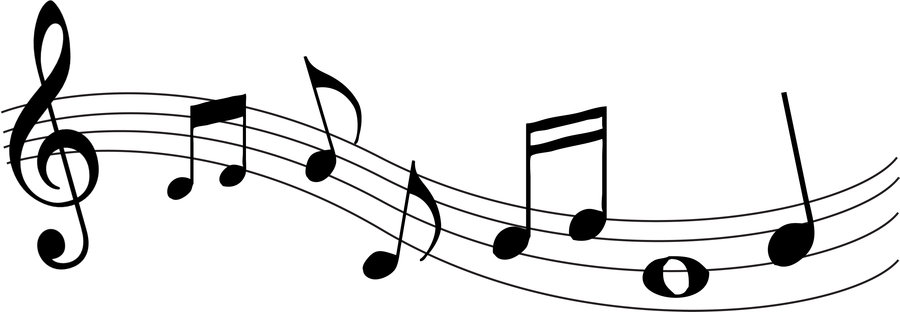
There is a lot known, and unknown about how music affects the human mind and body. What is known is that the experience of listening to music is hugely variant but scientists have made huge advances in understanding how the brain processes music and how sound affects the body and mind.
Music has a serious impact on a person’s brain activity; from how it engages different parts of the brain, how human’s memorize lyrics and tunes and how different melodies can illicit different emotional responses. Studies have shown that ambient noise at a moderate volume can encourage creativity and that it can also help to repair brain damage.
Learning an instrument from an early age can encourage the development of stronger vocabulary and non-verbal reasoning skills. Musicians have more bundles of nerves on the left side of the brain than non-musicians. It is believed that when you make music it engages many different areas of the brain at once, such as visual, auditory and motor areas and for this reason scientists are looking at using music to help treat neurological disorders.
Listening to sad music doesn’t necessarily make you feel sad. Music can spark two types of emotional responses; perceived and felt emotion. Sad music is recognizably sad to many people however the actual emotions felt from listening to it may not always be sad and emotionally dark. A study found that many people experienced more romantic, more blithe and less tragic emotions than what they had perceived.
Music has long been used in healing rituals around the world. Science has proven that music inhibits fatigue and changes the pulse and respiration rates, external blood pressure levels and generally relaxes and calms patients. The Mozart Effect has shown that patients listening to ‘Piano Sonata in D minor’ have had decreased epilepsy and even benefited patients in comas.
Mood and music are also definitely linked; from happy to sad and sexual. Libido can be increased by music as it increases serotonin levels. Single women who listened to romantic music were more likely to get a date compared to those who listened to neutral music.
Music can boost endurance and help us to use energy more efficiently during exercise. Cyclists took part in a study and those that listened to music used 7% less oxygen than those who didn’t. Also a song’s beat per minute has an effect on motivation, although only up until 145bpm such as Bruce Springsteen’s ‘Born to Run’ and Beach Boys’ ‘Do You Wanna Dance’. Quick lyrics over a mellow melody such as rap music can also work the same way. It is not necessarily very quick up-beat songs that will be best to help you exercise. Spotify has added technology to its platform that tracks a runner’s pace and produces a play-list of songs that match that pace.
It has been proven that music is indeed a mood-booster and having a generally more elevated mood can result in better social behaviour, better physical health, higher income and greater relationship satisfaction.
Singing in the shower can improve brain functionality, especially of the elderly suffering from chronic conditions and especially Parkinson’s disease. Many elderly live alone, have limited mobility due to chronic conditions and are on budgets, this is an easy activity that can keep them engaged and connected and is beneficial for their emotional well-being. Singing has been found to improve the respiration health and functionality of patients with COPD and recently a choir was put together all with people who suffer from lung conditions and it has resulted in them feeling less breathless and generally fitter and happier in themselves.
Music therapy has been shown to improve the health of COPD patients. It involves the use of certain musical techniques and sessions such as wind instruments, live music, visualization and singing which helps to ease and manage the symptoms. Patients report a significant improvement in their respiratory symptoms and an improved quality of life and feeling of well-being. It allows them to gain confidence, engage more and deal with tasks more efficiently. It has become recognized as being part of a wholesome integrated approach to an individual’s treatment plan in conjunction with traditional medicinal treatment and support groups. Music therapy has also been beneficial for patients with Alzheimer’s, chronic pain, diabetes and cardiac conditions.
References: www.yahoo.com and http://lovegopoc.blogspot.co.uk




